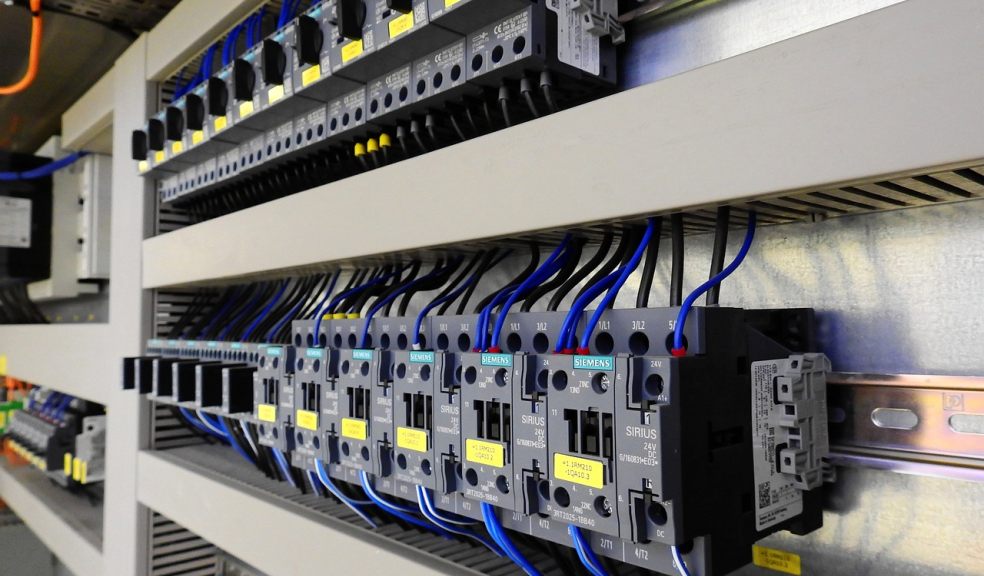
Safe and Efficient Power Flow: The Role of Circuit Breakers
In the world of electrical safety and efficiency, circuit breakers play a pivotal role. These devices are fundamental to modern electrical systems, providing a critical defence against the dangers of overcurrent and short circuits. By automatically shutting off electrical flow when potential hazards are detected, circuit breakers prevent equipment damage, reduce downtime, and, most importantly, safeguard human lives. This blog delves into the essential functions of circuit breakers, their impact on maintaining safe and efficient power flow, and how they fit into the broader context of energy management within various industries.
Understanding Circuit Breakers
Circuit breakers serve as automated switches that safeguard electrical circuits by interrupting the flow of electricity when they detect excessive current due to an overload or short circuit. Their primary role is to halt the electrical current once a fault is identified by protective relays. Distinct from fuses, which are single-use and need replacement, circuit breakers can be reset manually or automatically to continue operations. This feature is crucial for maintaining an uninterrupted power supply and enhances the management of electrical systems, promoting greater efficiency.
Types and Features
Circuit breakers vary widely in size, from small devices that protect low-current circuits to large switchgear designed to protect high-voltage circuits feeding entire cities. They can also be classified based on their interruption type (standard, GFCI, AFCI), which are tailored to specific applications and risks:
- Standard Circuit Breakers: Protect against overcurrent and short circuits in residential, commercial, and industrial settings.
- Ground Fault Circuit Interrupters (GFCI): Shut off electric power when a ground fault is detected, commonly used in wet or damp locations.
- Arc Fault Circuit Interrupters (AFCI): Designed to prevent fires by detecting and interrupting arc faults from damaged or deteriorated wires and connections.
Applications in Industry
Circuit breakers are integral to the safety systems of various sectors, ensuring that power is supplied safely and efficiently:
- Industrial Applications: Protect high-value equipment from damage caused by overcurrents and electrical faults, which can lead to costly downtime and repairs.
- Commercial Buildings: Secure electrical systems by promptly addressing overloads and short circuits, thereby ensuring operational continuity and safety.
- Residential Uses: Prevent electrical fires and electrocutions by immediately interrupting the flow of faulty currents.
Enhanced Safety and Efficiency
The primary advantage of circuit breakers lies in their ability to enhance both safety and efficiency in electrical systems:
- Safety: They provide a critical safety layer by preventing fire hazards associated with overcurrents and electrical shorts.
- Efficiency: Circuit breakers help in reducing energy waste by effectively managing overloads and preventing unnecessary power flow that can stress the electrical system.
Innovations in Technology
With technological advancements, modern circuit breakers are being equipped with smarter capabilities like digital monitoring, remote control operations, and integration with home and industrial automation systems. These enhancements not only improve the usability of circuit breakers but also contribute to more sophisticated energy management strategies.
Challenges and Considerations
While circuit breakers are indispensable, they come with their own set of challenges. These include technological integration, maintenance, and upgrading outdated systems to accommodate new types of circuit breakers. Proper installation and regular maintenance are crucial to ensure that circuit breakers function effectively and reliably.
Power Your Success with Strategic Partnerships
Circuit breakers are fundamental to ensuring safe and efficient power flow in any electrical system. To leverage the full potential of these essential devices, partnering with reputable energy brands can be incredibly beneficial. Such collaborations can provide access to the latest innovations, customised solutions, and expert advice necessary to optimise your energy management strategies. If you're looking to enhance the safety and efficiency of your electrical systems, reaching out to experienced energy professionals could be your next strategic move. Harness the power of expertise and innovation by consulting with leading energy experts today.














